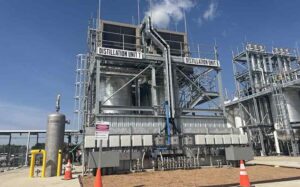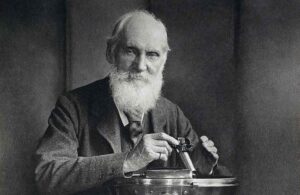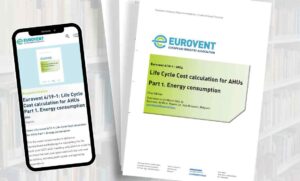Genetics hampers search for LD source
8th April 2015
UK: Genetic research is said to have shown that tracing the source of future legionnaires’ disease outbreaks may be difficult, if not impossible.
A DNA study of bacteria samples taken from patients infected during the 2012 outbreak in Edinburgh shows that it was caused by several subtypes of the bacteria.
The unexpected discovery means that tracing the source of the source of the outbreak, that claimed four lives, has proven to be more complicated than scientists hoped. In addition, researchers say that this means any future outbreaks will be equally challenging.
An investigation into the Edinburgh outbreak by the HSE and Lothian and Borders Police under the direction of the specialist Health and Safety Division of the Crown Office and Procurator Fiscal Service failed to identify the source of the legionella bacteria, despite detailed analysis of samples from a number of sites. As a result Crown Counsel today concluded that there is insufficient evidence to prosecute any person or organisation for the deaths.
There were 92 confirmed or suspected cases during the outbreak in 2012 in addition to the four deaths.
In a bid to prove where the infection came from, attempts had been made to grow samples of the legionella bacteria from water samples taken from the suspected source. Legionella is difficult to grow in the laboratory and attempts to do so during the Edinburgh investigation proved unsuccessful.
As an alternative approach, scientists led by the University of Edinburgh’s Roslin Institute looked at the entire genetic code of bacteria samples taken from patients.
The team worked with colleagues from the University’s Centre for Immunity, Infection and Evolution, the Royal Infirmary of Edinburgh and the Scottish Microbiology Reference Laboratories, NHS Greater Glasgow and Clyde.
They identified four subtypes of the bacteria that had probably existed at the source for many months before the outbreak, the scientists say.
The subtypes varied in their genes, which made some more likely to cause life-threatening symptoms of infection. Some patients were infected with more than one subtype.
These findings suggest that the severity of disease may be influenced by the bacteria itself, as well as known factors such as lung disease and smoking that make patients more susceptible to infection.
Professor Ross Fitzgerald, who led the study at The Roslin Institute, said: “Genetic analysis is a powerful tool to help us track outbreaks of infectious diseases. Unfortunately, our findings suggest that it may be very challenging to prove conclusively where the Edinburgh outbreak came from, which will make it difficult for investigators to prosecute those responsible.”
Dr Paul McAdam, who was also involved in the study at The Roslin Institute, said: “If the observed genetic diversity of bacteria associated with the Edinburgh outbreak turns out to be typical of other outbreaks, the discovery could mean that the source of future infections will be equally difficult to trace.”
Genetic sequencing of the samples was performed by Edinburgh Genomics, the University of Edinburgh’s major DNA sequencing facility. The research is published in the journal Genome Biology.
Related stories:
Source of Edinburgh LD outbreak a mystery – April 8, 2015
UK: Scottish authorities have been unable to identify the source of the fatal legionnaires disease outbreak in Edinburgh in 2012. Read more…







